Brief on
Bauchi State
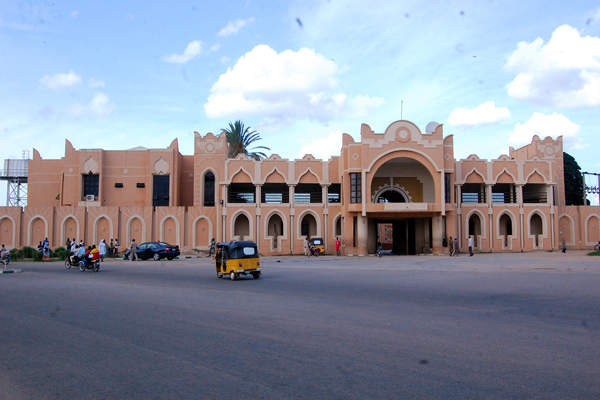
BASG 3.0
At a Glance
Bauchi State is being ranked high in matters of the caliphate system in Nigeria today. Topographically, Bauchi State is generally divided into two main vegetation zones of the Sudan Savannah and the Sahel Savannah.

BASG 3.0
History
Bauchi state is an agricultural state. Its vast fertile soil is an added advantage for agricultural products, which include maize, rice, millet, groundnut and guinea corn. Irrigation fanning is practiced and supported by the use of dams like Balanga Dam and others.
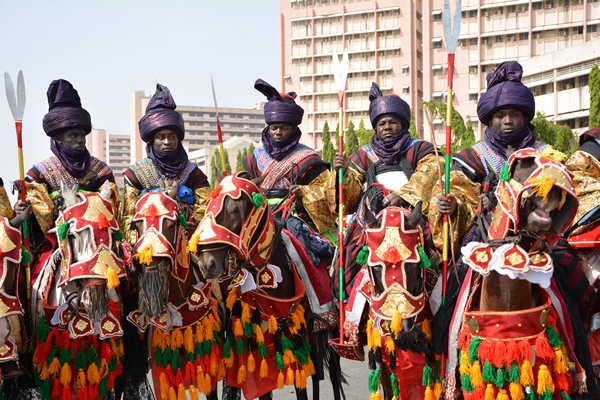
BASG 3.0
The People
Bauchi State has a total of 55 Tribal Groups in which include Hausa, Fulani, Gerawa, Sayawa, Jarawa, Bolewa, Karekare, Kanuri, Fa’awa, Butawa, Warjawa, Zulawa, and Badawa as the main tribes. There are cultural similarities in the people’s language, occupations and economic existence.
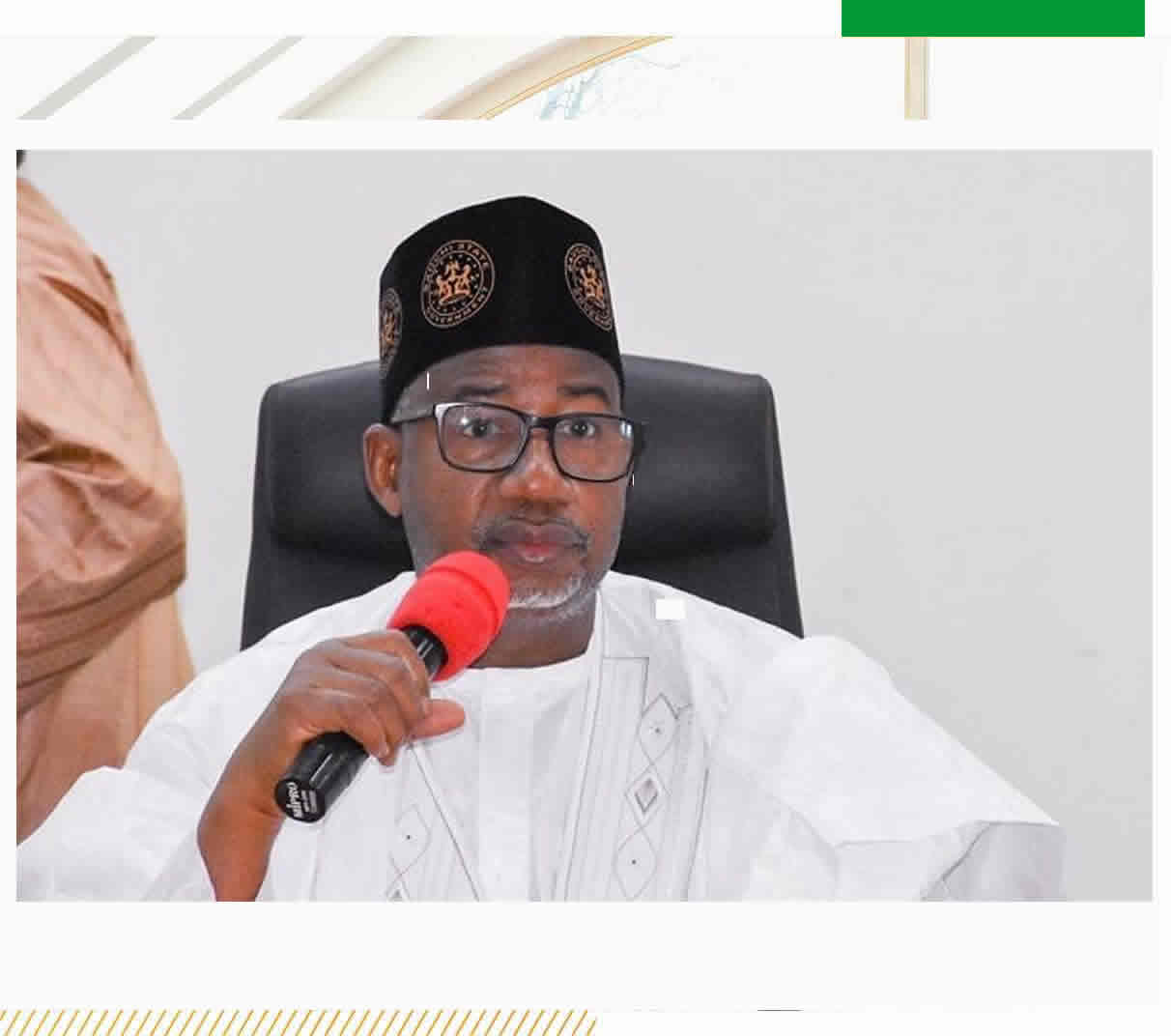
BASG 3.0
Good Governance for
Sustainable Development
SFTAS
Bauchi State
Documents
LEADERSHIP + TEAMWORK
Teamwork is the ability to work together toward a common vision. The ability to direct individual accomplishments toward organizational objectives. It is the fuel that allows common people to attain uncommon results.
Bauchi State
Business
Opportunities
BASG 3.0
Doing Business in Bauchi State
- The Bauchi Investment Corporation (BIC) Limited is committed to investment in the designated priority sectors of the national economy and in particular areas where Bauchi State has factor endowments.
BASG 3.0
Bauchi State Economy
- The State is blessed with abundant arable land for agricultural development. It is estimated that 65% of the total land area of the State is cultivatable.
BASG 3.0
Investment Opportunities
- Based on the availability of Agro-Allied and Mineral based raw materials the following industries could be established in the State: Food Processing Industries, Groundnut oil Extraction, Cattle fattening, Ceramic (Hard and tableware) Industries.
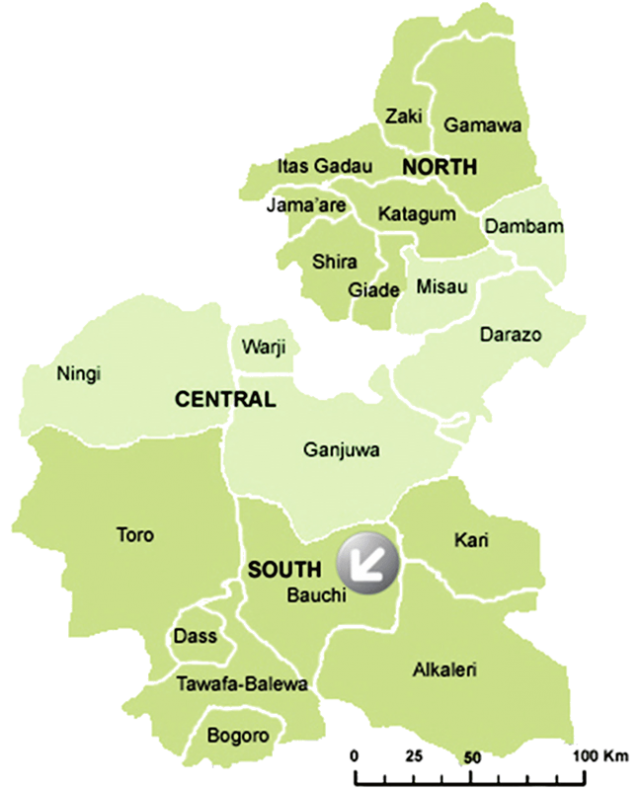
BASG 3.0
Bauchi State
At a Glance
What is today known as Bauchi State was created in 1976 from the North Eastern State of Nigeria. According to the 1991 census, the state has a population of 3,836,333 after the creation of Gombe State in 1996. Bauchi State is one of the states in Northern part of Nigeria that spans two distinctive vegetation zones, namely the Sudan savannah and the Sahel Savannah.
0123456789001234567890
Local
Governments
01234567890.01234567890M+
State
Population
01234567890
Emirate
Councils
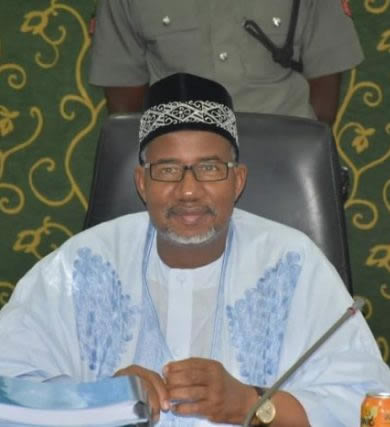
EXECUTIVE GOVERNOR
H/E (Sen.)
Bala Mohammed
Bauchi State Governor, His Excellency (Senator) Bala Mohammed, an illustrious Nigerian, was born on 5th October, 1958 at Duguri Town in Alkaleri Local Government Area of Bauchi State.
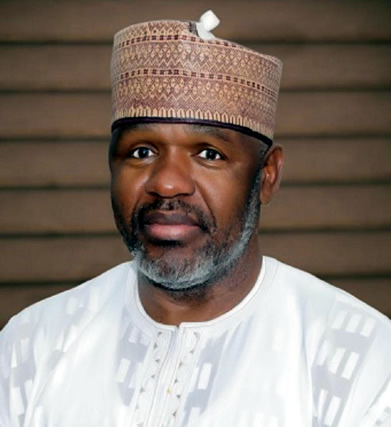
SSG
Bar. Ibrahim
Kashim
Barrister Ibrahim Kashim hails from the Bauchi Local Government Area of the State and he was a Director in the Bureau for Public Enterprises till 2015.
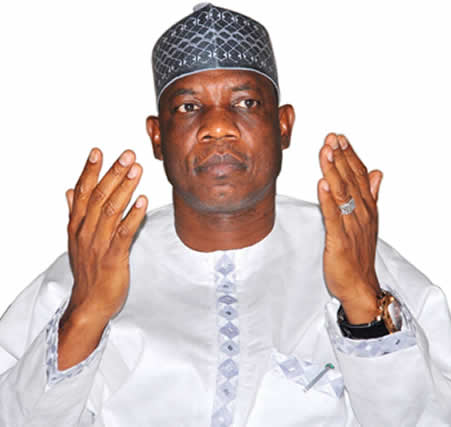
DEPUTY GOVERNOR
H/E (Rt. Hon.) Auwal Jatau
BASG 3.0
News & Announcements
Bauchi NLC assures continuous partnership with Gov Mohammed on infrastructure
Bauchi State Council of the Nigeria Labour Congress (NLC) has assured that it will continue to partner with the State Government under the leadership of the Governor, Sen Bala Mohammed Abdulkadir on his giant strides towards the provision of infrastructure in the state. The NLC specifically mentioned the areas of road construction, Housing development, provision...
Food Security: Bauchi Plans Agro-industrial Processing Zone
Bauchi State government is preparing farmers and other stakeholders for the take-off of the African Development Bank-backed Special Agro-Industrial Processing Zone in the state. The commissioner for agriculture, Professor Simon Madugu Yalams, said the state would continue to support the stakeholders to ensure the success of the project. He gave the assurance during a stakeholders’...
Bauchi monarch pledges support for state education programme
A traditional ruler in Bauchi State, the Emir of Dass Emirate, Alhaji Usman Bilyaminu Othman, has assured Arewa PUNCH of his readiness to sustain his support to the state government’s efforts toward improving education standards. Alhaji Bilyaminu Othman gave the assurance on the presence of Arewa PUNCH to the State Universal Basic Education Board monitoring...
Bauchi Govt Trains Stakeholders On Hajj Management
Bauchi State government has trained local government hajj officers, facilitators of Bita Centres, religious organisations and other stakeholders to ensure the success of the 2024 hajj. At a two-day training at the weekend at Gwallaga Jummu’at Mosque Bauchi, the secretary to the state government (SSG), Ibrahim Mohammed Kashim reitrated government commitment to continue to set...


